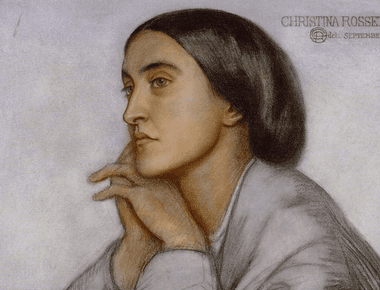
Earlier this year, NINS got the chance to sit down with Grant Kaplan and discuss the release of his new book Faith and Reason through Christian History -- Dr. Kaplan provides some helpful insights into the genesis and implications of his book.
Earlier this year, NINS got the chance to sit down with Grant Kaplan and discuss the release of his new book Faith and Reason through Christian History -- Dr. Kaplan provides some helpful insights into the genesis and implications of his book.
Anne Carpenter was kind enough to give NINS some insight into her new book Nothing Gained is Eternal (Fortress, 2022), where she provides a refreshing metaphysical perspective on the topic of Christian Tradition.
Pope Francis speaks about our “increasing difficult[y]” in “discern[ing] what is proper to humans and what is proper to technology.” In this moment, the Holy Father stresses our need for “serious reflection on the very value of the human person” especially, “the concept of personal consciousness as relational experience,” and he exhorts us to draw upon our “shared human experiences” by studying them “from various perspectives, employing trans-disciplinary dialogue and cooperation.” Inspired by the Holy Father, I take a step in that direction by reflecting upon St. John Henry Newman’s view of the manifold aspects of the mystery of the human person.
Newman’s description of self-denial in light of the invisible world can help us to examine and renew three fundamental relationships: with God, our neighbor, and the natural world.
When I first read the late Fr. John O’Malley’s survey text What Happened at Vatican II (2008), I was struck by a passage in the conclusion. O’Malley gave a tantalizing rundown of the “ghosts” present on the council floor—the popes, theologians, philosophers, and politicians whose lives and legacies had indelibly marked the Catholic world. These voices from the past had shaped, positively or negatively (sometimes both), the work of the council fathers:
Introduced here are three examples of lay women who were deeply influenced by Newman in particular as well as by the greater Oxford Movement. These three women had varying degrees of interaction with Newman personally.
QUICK LINKS




